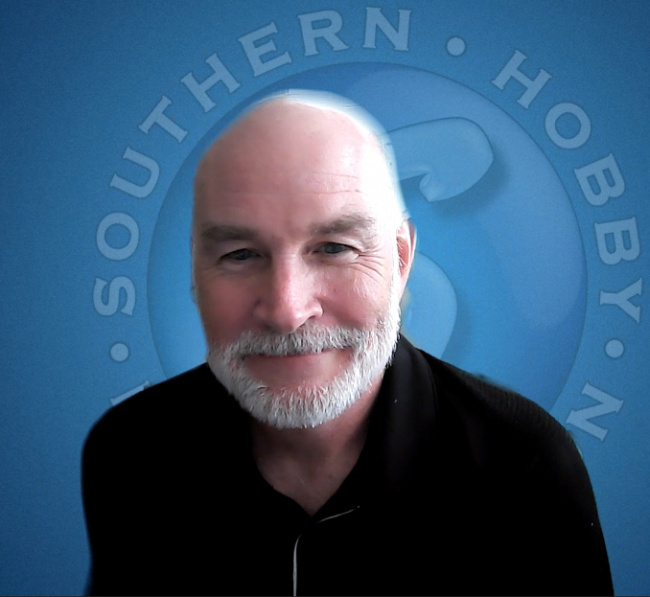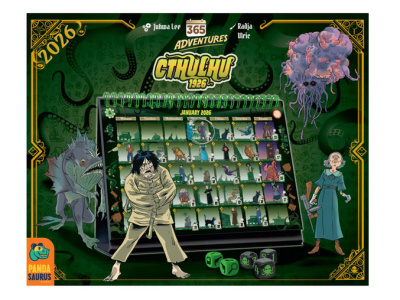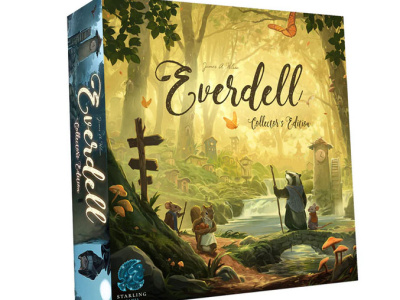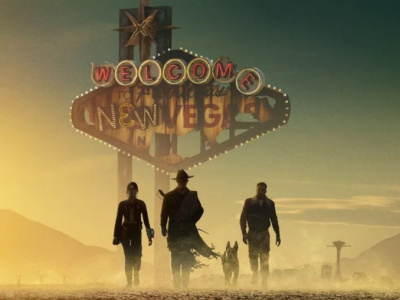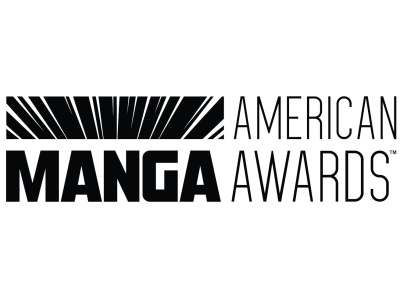We caught up with Southern Hobby Distribution President Chris Austin this week, his last at the company before his retirement (see "Chris Austin Retiring"), and talked about the path that he and Southern Hobby took en route to this juncture, and what comes next.
ICv2: You’re retiring this week; are you feeling good about that?
Chris Austin: Yes, I am. My father passed away earlier this year in February, and I've been executor on his estate; it's been a lot of work. It's just time to move on. It's been almost three years since we sold the company (see "Southern Hobby Supply Acquired by Entrust Global Group"). I really wanted to still be there for the new ownership as well as the employees, and make sure that everybody's doing well.
I'm so thrilled of how well things have gone since the new ownership. They've kept the Southern Hobby family kind of a feel, but at the same time, they just enhanced what we already had going. A lot of the employees had opportunities to step up and move up in the company. There's been many opportunities. They've grown so much, but yet it's still Southern Hobby.
Kevin Isaacson has done a great job of keeping what Southern Hobby was and enhancing and taking them forward (I say them now) as they continue to grow. With my father passing and everything's going well with the company, it's time for me to go travel and enjoy the fruits of the labor.
One of the reasons for the sale was because my uncle and my father [who along with Chris Austin and Brad Wagoner were members of the ownership group] were only a year apart from each other. They were getting old and up there in age, and it was an opportunity where we thought it was time to sell the company so my father and my uncle could work with their estates and not have to deal with a [shared] company [asset], which worked out great. Unfortunately, my father, like I said, passed away a little bit less than three years after we sold the company. We don't have to worry about that aspect in his estate.
How did Southern Hobby get started?
My family was in the magazine distribution business, my father and my uncle. When the big boom for trading cards, sports cards happened, the trading card companies were using the magazine distributors to service grocery stores. They even made a box of cards that would fit inside the magazine racks at the checkouts. The original jumbo pack was for the magazine distributors. Fleer made a really popular one. They put an insert in it called Rookie Sensations, and it blew up. A lot of the hobby shops were following the magazine trucks. They would go drop it off at the stores, and the hobby shops would just buy out the store.
My uncle, who is in Marion, Illinois, had the idea to start a hobby company to service these hobby stores, because there were a bunch of them back then.
This was specifically for hobby, hence the name Southern Hobby?
Yeah. My uncle hooked up with a fellow who was in the hobby and recognized also that the supplies business part of it was a big aspect. My uncle formed a company, and my dad did as well. He formed Pro Hobby, and my father did Southern Hobby. Eventually, we rolled Pro Hobby into Southern Hobby and made it one company.
We did it to service hobby stores, just like we did the magazine business. I was the first employee. [laughs] I would get in a van and load up supplies. It was magazine retail [trading card] product; we didn't have hobby product yet. I'd get in a van and go door to door to all the hobby shops and sell out of the truck, just like we did with the magazines.
We grew it from there. We'd buy another truck, go to another city, buy another truck, go to another city. This is back before the internet; we had fax machines and things like that, [laughs] mail order. I remember even when we shipped things, we'd have to write the label out and write in the UPS book and do it the old‑fashioned way.
The delivery aspect really was what separated us from everybody. It was expensive and a lot of hard work, but we developed great relationships with the retailers through our truck service and bulk supplies, especially with the comic book stores with the bags and boards and the comic boxes. We really got to know those stores.
That is how we got more involved in the gaming lines. That's because we were already servicing comic stores; then a lot of the trading card companies did non‑sports too, Marvel and those kinds of things.
Oh, yeah. Fleer Marvel cards, Skybox.
Yeah. [laughs] All that good stuff. We developed relationships with the comic retailers, who really were the pioneers of the gaming business before true gaming stores developed.
When did you start opening additional locations?
Chris: Gosh, it was probably around '95, I think. St. Louis, we started delivering there, and then we just opened a warehouse. We grew that way, regionally. We didn't become national until we opened New York, and Reno out in Nevada. That's when we really became a national distributor.
We just grew it regionally when we went from St. Louis to Chicago; we went from St. Louis, and then there we drove trucks to Chicago and then opened up the Chicago location.
When did that East Coast‑West Coast expansion happen?
Reno was more recent, about eight years ago. [New York was opened in 2010, Reno in 2015, per info provided after the interview.-ed.]
What are your thoughts on how the game business has changed over the 30 years or so since you started?
Oh, gosh. I tell you, it's amazing. We all look at Magic as the start (at least for me, I'm more of a CCG guy). We didn't get involved until after the third or fourth set around Ice Age and Alliances. Then Wizards of the Coast got Pokemon, that was huge.
The gaming business has been really solid. It had some down years, but it's always been such a great business; there’s a lot of passion in the gaming business. It has been such a joy to be a part of. I tell you, I can't imagine another business where I would have had as much fun as I've had in this business. The people are passionate, and there's a lot of good people in the industry as well. I’ve made a lot of friends, even with competitors.
In Southern Hobby today, you've got the sports side and the games side. Sports is changing very rapidly, yes?
Yeah, it is. You’ve got Fanatics coming into the business, you’ve got Upper Deck and Panini, and then Leaf. It's different now, but still a good business, too.
Looking ahead, what are your thoughts on what the coming years are going to look like for the games side of the business?
I've seen this industry grow into a legitimate industry. I grew up alongside as the industry grew and as it matured. It's good to see that it is a mature industry and business now. It is a legitimate force in the business world; a lot of good people are at the heads of these companies. It's going to continue to grow because the fan base and the passion is still there, even more than ever.
What I've noticed throughout the years is when the economy would have a downturn, or even like COVID, or the housing market bubble, we would feel the pinch, but we would also see that during difficult times, people fall back on their hobbies. We would notice that maybe they didn't go out to dinner as much or go to the movies as much, but they did continue to fall back on their hobbies to get them through or just to escape. Even though we would see a downtick during difficult economic times, this industry would stay pretty strong with the passionate consumers out there falling back on their hobbies.
That seems like a strong base for any business.
Yeah. We see these companies now getting involved in more mainstream IPs, like Lord of the Rings, for instance, with Wizards of the Coast. It's bringing in more fan base, consumers that probably didn't know much about card games. Now they're introduced to them through some of these new IPs that the companies are getting involved with that are bringing in even more consumers.
In‑store play, and the communities that the retailers would develop, has always been the thing that really established the business. I know early on in the sports card business, the in‑store community was a really big thing with the people coming in and trading cards. In the gaming business, the in‑store play is really what separates it from a lot of other industries. The communities that they build is an exciting thing that we're going to continue to see.
We had a hard time during COVID with in‑store play, but it's coming back stronger than ever now. People need that as we get more and more involved with handheld devices, and everybody’s on their phones. To have that personal, face‑to‑face community in a gaming store is something I think people really appreciate having available to them.
In a written communication after the interview, Austin shared his thoughts on what he’s leaving behind. “The definition of the Southern Hobby culture is that of a family atmosphere.
Even though the original family/owners are no longer there, the associates (many of whom have worked there 15, 20 years and more) have kept the family atmosphere even as the family has now grown over 150 members."
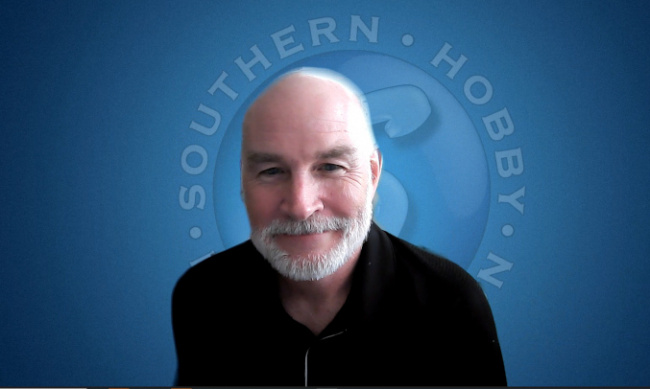
How Austin and Southern Hobby Came to Today, and What Comes Next
Posted by Milton Griepp on May 31, 2024 @ 2:58 am CT
MORE GAMES
From Pandasaurus Games
August 25, 2025
Pandasaurus Games will release 365 Adventures: Cthulhu 1926 , a new calendar game, into retail.
Offers Players New Content and Upgraded Components
August 25, 2025
Tycoon Games will release Everdell Collector's Edition , a new edition of the popular board game, into retail.
MORE NEWS
Showbiz Round-Up
August 25, 2025
Hollywood news continues to trickle in late into August. Time for a round-up!
At Anime NYC
August 22, 2025
The winners of the 2025 American Manga Awards, organized by Anime NYC owner LeftField Media and Japan Society, were announced in a ceremony at Anime NYC in New York on August 21.



